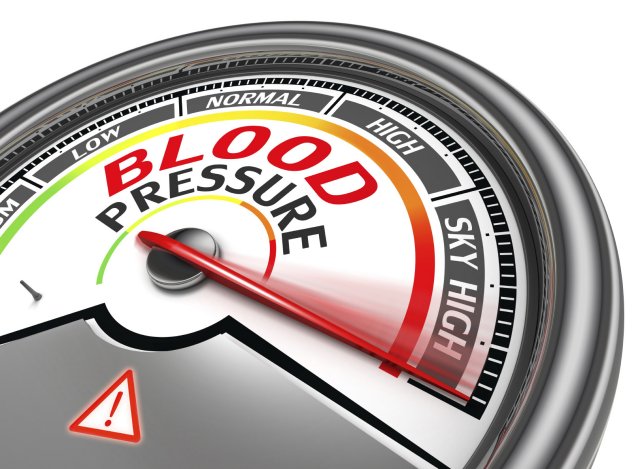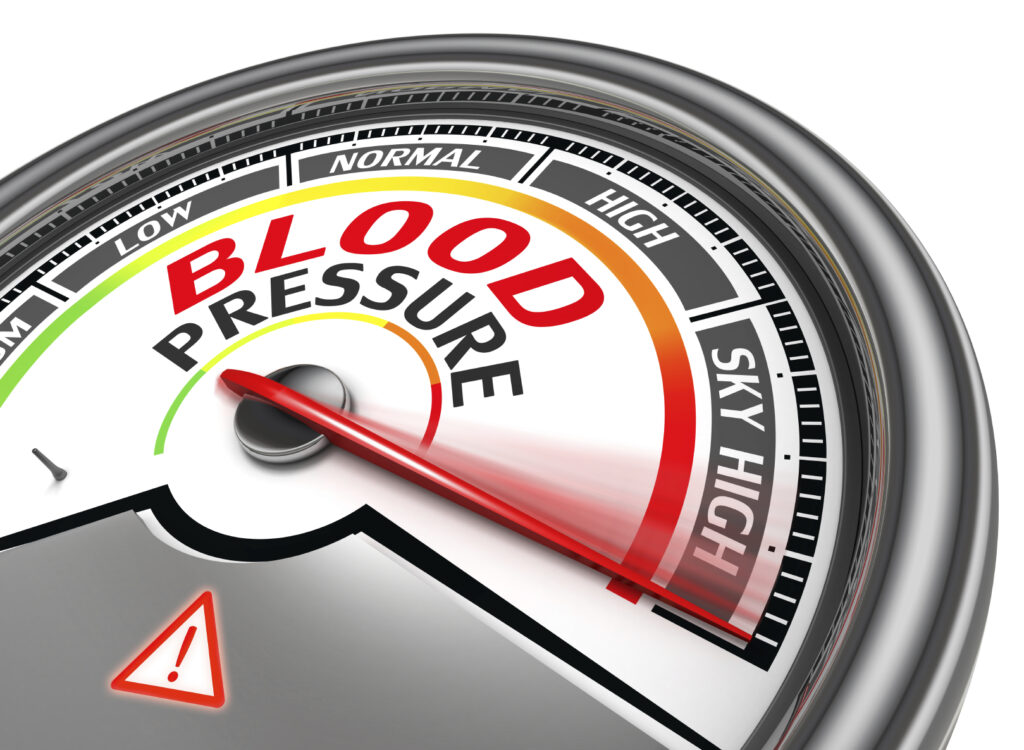High blood pressure, or hypertension, is a condition that affects millions of people worldwide. While it’s a serious health issue that can lead to severe complications if left untreated, there is a growing concern that some aspects of its diagnosis and treatment may be influenced more by profit motives than patient well-being. Here’s a look at why high blood pressure might be considered a “con job” used by doctors and the pharmaceutical industry to sell drugs to an unsuspecting public.
The High Blood Pressure Medication Cycle
You go to the doctor and find out you have high blood pressure. No problem, there’s a drug for that! You take the drug, which expands your blood vessels and decreases blood pressure.
But on your next check-up, the doctor discovers that your heart is racing, a side effect of the blood pressure medication. So, they give you another pill to slow down your heart rate.
At your next visit, the doctor finds out you’re in great shape, but you’re retaining water, a side effect of the heart rate medication. Lucky for you, there’s a pill for that, too—a diuretic to help get rid of the extra water.
But diuretics can cause other problems, like erectile dysfunction, headaches, dizziness, depression, and loss of important minerals like magnesium, which your heart needs to work properly. And on and on it goes, with more and more pills.
There are other drugs called beta-blockers used for blood pressure, but they can cause liver and kidney damage, sleep apnea, depression, and even hallucinations.
Natural Alternatives
As a natural nutritionist, I suggest trying antioxidant vitamins like vitamins C, E, A, selenium, and zinc. Magnesium and potassium are also important for a healthy heart and can help lower blood pressure naturally.
It’s important to be aware of the side effects of medications and to explore natural alternatives that can help you manage your health more inexpensively and safely. By making informed choices, you can take control of your health and reduce your reliance on medications.
The Expanding Definition of Hypertension
Over the years, the threshold for high blood pressure has lowered. This means that more and more people are being diagnosed with hypertension, even if their blood pressure levels are only slightly elevated. This broadening of the definition has led to an increase in the number of people who are prescribed medication, sometimes unnecessarily.
The Role of Pharmaceutical Companies
Pharmaceutical companies play a significant role in promoting and marketing blood pressure medications. These companies often fund studies and influence guidelines to ensure their drugs are recommended as the primary treatment option. This can lead to a bias in medical recommendations, prioritizing medication over lifestyle changes or other non-drug interventions.
Financial Incentives for Doctors
Doctors may receive financial incentives from pharmaceutical companies to prescribe certain medications. These incentives can take the form of speaking fees, research funding, or other perks. This creates a potential conflict of interest, as doctors might be more inclined to prescribe medications even when other treatments might be more appropriate.
The Overreliance on Medication
While medication can be necessary for managing high blood pressure, there is a concern that it is often used as the first line of defense rather than exploring lifestyle changes. Diet, exercise, stress management, and other non-pharmaceutical interventions can effectively control blood pressure. However, these options may be less profitable for the healthcare industry.
The Impact on Patients
Patients are often unaware of the potential biases influencing their treatment. They trust their doctors and the medical system to provide the best care possible. As a result, they may end up on expensive long-term medication regimens that could have been avoided or minimized through alternative approaches.
The Power of Education and Research
Patients need to be proactive about their health and informed about their treatment options. This means doing their own research, seeking second opinions, and considering lifestyle changes as part of their treatment plan. Patients can make more informed decisions about their health by understanding the potential influences behind their diagnosis and treatment.
Conclusion
While high blood pressure is a genuine health concern, there are valid reasons to question whether it is used to sell drugs. The influence of pharmaceutical companies, financial incentives for doctors, and the overreliance on medication all contribute to this concern. Patients should be empowered to seek out information, ask questions, and consider all their options to ensure they receive the best possible care designed for them personally.

